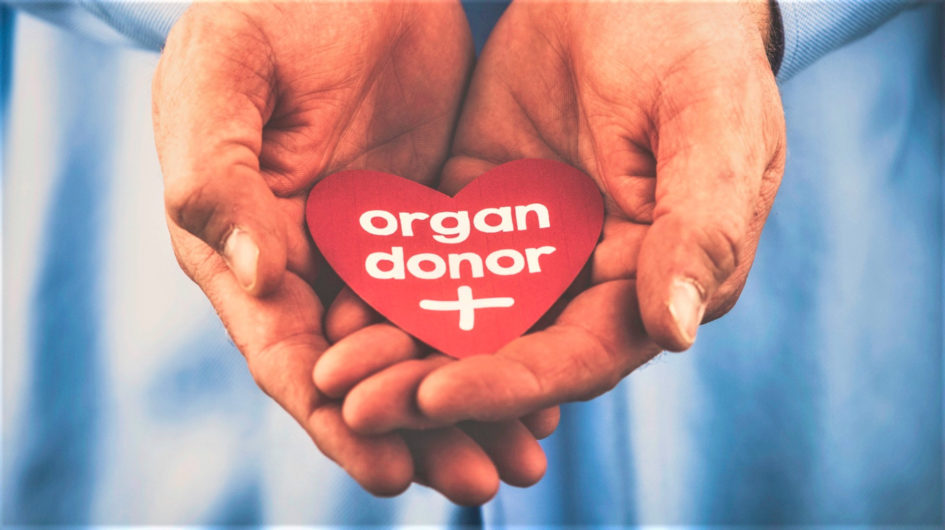Donor becomes organ owner, opening the door for coercion and exploitation
Dr Arvinder Soin
The traditional model of organ donation after death (or, brain death) is an act of altruism that rests on the following pillars:
1. The Indian Transplantation of Human Organs Act (THOA 1994; amendment 2014) details brain death, the doctors and centers authorised to declare it and retrieve organs after informed family consent.
2. The consent for removal of organs is given by the next of kin.
3. The THOA does not specify the allocation criteria of these organs except categorically forbidding organ trade and coercion of any kind.
4. For all intents and purposes, the organs become the property of the State, and designated organ sharing organisations (NOTTO in India) allocate them based on four well-entrenched principles of a) equity and justice, b) utility (organ is given to someone with the longest expected survival), c) urgency (the most medical need), and d) longest on the waiting list. In addition, there is geographical priority in the order—donor centre/city/state/country.
Directed deceased donation (DDD with family deciding who the recipient should be), and conditional donation (the family would donate only if the recipient of their choice gets one or more organs) subvert the above cardinal principles, and if allowed, will completely change the narrative from a ‘gift of life’ to society, to the family owning the organs, or, another form of inheritance, if you will.
First, conditional donations must be written off. It is unethical since it amounts to the family holding the state to ransom because the donation is incumbent upon letting them decide the fate of the donated organs.
Next, let us look at DDD per se. Currently, most if not all deceased donations are motivated by a deep altruistic zeal to save lives of those dying from organ failure. Often, this process is abstracted to take the deceased to a higher, immortal realm where their organs would continue to live in another body. This spirit is often able to emotionally compensate somewhat, if not overcome, the grief of losing a loved one. Transferring ‘ownership’ and consequently, the rights of organ allocation from the State to the donor family would result in commodification of the organs, and promote organ trade. Some less fortunate donor families will start looking for recipients who can compensate them well for the organ(s).
Equally, prospective well-heeled recipients would also be then looking out for such families who could be financially motivated to donate for them. This could take an even more evil turn with people being killed or inadequately treated for their own illness, just for the sake of their organs. Given the extent of socio-economic disparity in our country, we are not yet ready for DDD. This slippery slope would result in blatant financial and /or emotional coercion, as well as potentially dangerous power games that could deal a deathblow to the honour and fairness of the current organ donation system.
Since most organ donors are unlikely to have close relatives suffering from organ failure at the time of their death, the family’s choice of recipient(s) would inevitably be arbitrary in most instances if DDD were allowed. Contrarians may argue that there could be a situation where a close family member or even a close friend may need a life-saving organ, and it would seem fair for one of the donated organs to go to such a person. However, I feel that it would be flawed logic to change the essence of the allocation system to facilitate donations for rare exceptions.
As India struggles with abysmally low deceased donation rates of 0.5/million population compared with 36, 24 and 49 per million in the US, UK and Spain respectively, the need of the hour is to promote awareness of ‘the gift of life’ as a purely charitable endeavour, in which a single donor can save up to nine lives and change another 20. Mixed messaging by bringing in DDD will seriously hurt the fledgling organ donation program in India.
DDD may be considered only once there is more widespread acceptance of organ donation as a purely altruistic act. That point may arrive once the donation rates rise to beyond 10/million in India. For context, DDD was formalised in the US in 2009 when their donation rates were 30/million and in the UK in 2010 with donation rates of 20/million. Even when the time comes to allow DDD, a) no conditional donation should be permitted, and b) every DDD must be approved by the state authorisation committee (as in the UK), for a person already listed on the state waiting list, who is a close family member (as per pre-defined criteria) and/or a close friend, preferably named by the donor during his/her lifetime prior to the fatal illness, or at the time of pledging organs.
Until deceased donation evolves from being a rare event to the norm in our society, we would be ill-advised to tread the treacherous path of DDD.
Dr Soin is chairman, Medanta Liver Transplant Institute

Leave a Reply